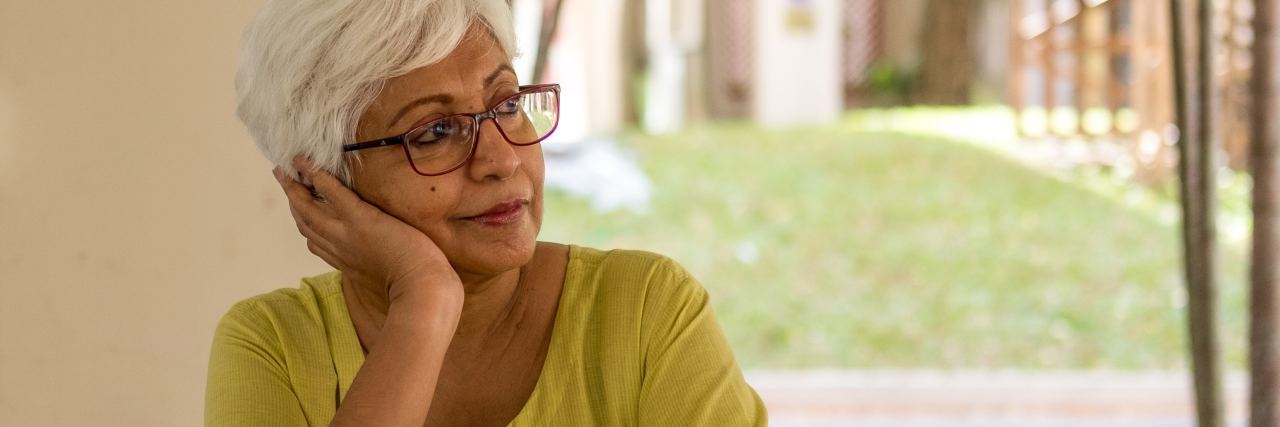Cancer survivor guilt exists. It is real; I had it, too. But it is a feeling and attitude that is conditioned and not justified.
Cancer survivor guilt is someone else’s anger and despair. It is not ours to take on.
Once I attended a training course on “guilt.” One of the trainers said boldly, “I don’t do guilt.” I was impressed. I did guilt – a lot! Today, many years later, I go one big step further: Guilt does not exist. Clearly I don’t mean the legal definition of guilt. I am talking about feeling guilty.
What is the guilty feeling?
Guilt is what I call a “masking feeling.” It is more acceptable and covers up feelings that are less acceptable or more difficult, like anger, frustration, fear and hopelessness. We might feel a sense of guilt for a wrong we have done (intentionally or not, or a regret we feel). But we cannot leave it at that. We have to take responsibility.
Mostly, feeling guilty is an automatic response. We often “do guilt” to avoid conflict. “Ok, it’s my fault … let’s not go there…” We bow in the face of someone else’s view on things, their reality and their feelings.
Having a social, cultural and religious heritage that is well-saturated with guilt (at least when I grew up), shame and guilt could be constant companion and shadow that weighs heavily on me.
The essence of the intuitive and conscious belief was that “I am bad.” Over the years and with a lot of hard work, I have eroded my guilt mechanism. Or so I thought.
Cancer Survivor Guilt: My experience
A few years after my first cancer treatment, the terminal cancer diagnosis of a relative of mine, her gradual and then very quick deterioration and death filled me with the old feeling of guilt.
Guilty for …
- being alive after my own cancer diagnosis and treatment
- having had my annual check up come back as clear, when the metastases in her liver were growing rapidly
- struggling with my ongoing sense of uncertainty about life and death
- sitting next to her mother, who asked me whether I have the faith she has lost
In the presence of the bereaved mother, my own mother felt guilty that her child is still alive. Cancer guilt can happen to anyone affected by cancer, including relatives and friends.
How to banish the cancer survivor guilt
The survivor guilt I felt was a sense of discomfort. I was quite possibly picking up someone else’s anger, frustration and despair at their own situation. But it is their situation, not mine.
I feel compassion for them and I know I cannot offer a solution. There is no shame in that whatsoever. We all have our own struggles and our own journey. In the light of their situation I have done the best I can, and acted responsibly and honestly.
We have a choice not do guilt, and also do not need anyone else to do guilt for us.
I stopped feeling cancer survivor guilt a long time ago, because living in remission is not easy either. And since my second diagnosis I certainly have nothing to feel guilty about or apologize for.
Neither do I want anyone else to feel guilty, because they are in remission, alive, have private insurance, are financially stable, have no side effects, have no cancer – whatever the case may be. We all have the one life.
Guilt and survivor guilt get in the way of being together, supporting each other and living our life to the best of our abilities.
This story originally appeared on KarinSieger.com.

